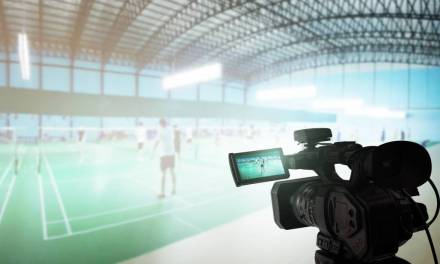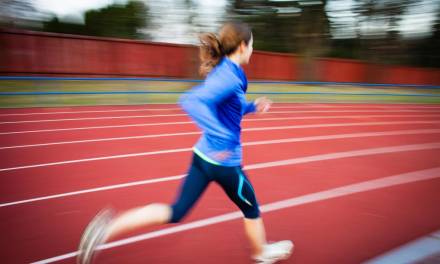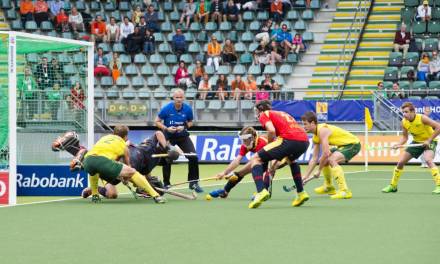Sport professionals are constantly under pressure to perform to the highest standards as they seek the best results. Performance analysis can increase performance and reduce the stress placed on those professionals.
Performance analysis involves using platforms or software that allows coaches and players to evaluate their performance. This can include visual learning. According to research:
“65 per cent of the population are visual learners.”
Video analysis can enhance performance as it ensures thorough feedback, also improving discussion of tactics to raise a team’s performance. In addition to this, visual learning can enable player’s knowledge, decision making and confidence to develop as they identify their areas of improvement.
Furthermore, professionals want to minimise their errors as much as possible. Performance analysis can enable players to see where they need to improve and can create a clear pathway to reach their specific goals.
According to a study on perception towards performance analysis:
“The use of PA (Performance Analysis) could increase athlete performance to above baseline level (70%), although to achieve 80-100% it was solely down to the gymnast.”
Additionally, progression within a specific sport is primarily down to a player’s effort, ambition and mentality. Performance analysis can be an extremely useful tool to help elevate their game.
Performance analysis simultaneously can help players cope with performance anxiety and minimise potential injuries from poorly executed skills.
For example, a study by Carl Ettlinger and his colleagues on reducing sport injuries discussed:
“The ‘phantom foot’ mechanism of anterior cruciate ligament (ACL) injury in skiers. They were able to use this understanding to reduce the incidence of ACL injuries by 62% through the development of a video-based training programme.”
Through evaluating performance via video, performers can highlight errors in movement or poor skills which they can rectify when they next do the activity.
Moreover, analysis can help professionals cope with performance anxiety and their mental health. Recently, Simone Biles pulled out of an event in the Toyko Olympics due to mental health. Performance analysis or courses designed to help handle certain situations, perhaps, could have helped her.
Performance analysis important tool for coaches
Coaches need performance analysis as it enables them to see the strengths and weaknesses of their players. Also, it allows them to see who needs to improve so the team as a whole can progress.
Without video analysis, coaches may miss vital parts of their team’s performance meaning their post-game evaluation isn’t in-depth.
“A study by Franks and Miller (1986) showed that football coaches were less than 45% accurate in their post-game assessment of what occurred during a game.”
When coaches have access to video analysis it can help improve post-match assessments which could improve their team’s next performance.
Additionally, performance analysis, including video and data, allows coaches to see something they may have missed in a game or training. The next session can then be focused on that specific area of improvement. The progression of each player and those who may need more support can also be identified. According to a study:
“The vast majority of coaches using PA (89%) valued it as important – essential to their practice. Coaches using PA indicated overwhelmingly (94%) that they would like to use more.”
Also:
“Research shows that on average, athletes and coaches can only recall 30% of performance correctly. Performance analysis helps with the remaining 70% by providing the facts of what happened which makes it a vital component for athlete improvement.”
The value of performance analysis is clear. Resources and programmes are available to help take a team or individual’s performance to the next level. PE Office can be a useful platform to help support and improve performance.
PE Office supports professional development
PE Office offers a bank of knowledge and essential resources for PE departments, coaches, sports leaders and anyone involved in sport.
With assessment portals and bespoke analysis software, PE Office can help increase performance and reach targets for individuals or teams in a sport.
The platform can also develop thinking, decision making and cognitive skills to specific criteria which helps improve performances for coaches and players.
For more information on how PE Office can help improve your performance, call us on 01909 568 338, send an email to mail@peoffice.co.uk or contact us here.











